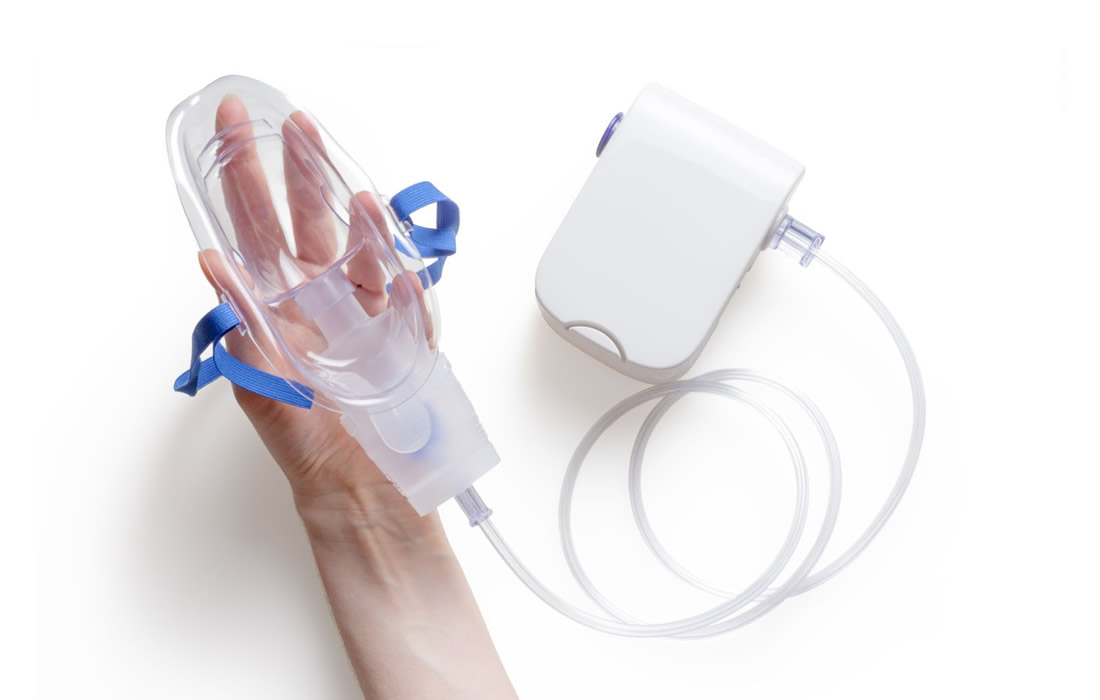Have you ever wondered how drugs reach their targets and achieve their function within our bodies? If a drug molecule or a ligand is a message, an inbox is typically a receptor in the cell membrane. One such receptor involved in relaying molecular signals is a G protein-coupled receptor (GPCR). About one-third of existing drugs […]
Category Archives: Regenerative Medicine News and General Information
New research has revealed being active could lower the risk of type 2 diabetes, even in people with a high genetic risk of developing the medical condition. The University of Sydney-led study found higher levels of total physical activity, especially moderate- to vigorous-intensity physical activity, had a strong association with a lower risk of developing […]
Science lends itself to questions, changing hypotheses, and chance findings. Recently, in the White Lab at the Del Monte Institute for Neuroscience at the University of Rochester, Neuroscience graduate student Daxiang Na was reviewing data for one project but instead uncovered something unexpected. He discovered that where plaques associated with Alzheimer’s disease are found in […]
Research shows humans might inhale about 16.2 bits of microplastic every hour, which is equivalent to a credit card over an entire week. And these microplastics — tiny debris in the environment generated from the degradation of plastic products — usually contain toxic pollutants and chemicals. Inhaled microplastics can pose serious health risks, so understanding […]
If you’ve ever struggled to breathe, you’ve had a moment of hypoxia. Experiencing hypoxia is a known trigger for developing and worsening lung conditions such as severe asthma, chronic obstructive pulmonary disease (COPD), and fibrosis. To treat and prevent these diseases, researchers need to understand why a lack of oxygen would affect the immune system. […]
In a global perspective, depression is the leading cause of ill health and disability. The possibility that contraceptive pills might have negative effects on mental health and even lead to depression has long been discussed. Although many women choose to stop using contraceptive pills because of the influence on their mood, until now the picture […]
Chronic exposure to low levels of lead, cadmium and arsenic through commonly used household items, air, water, soil and food is associated with an increased risk of cardiovascular disease, according to a new American Heart Association scientific statement published today in the Journal of the American Heart Association, an open access, peer-reviewed journal of the […]
An epigenetics drug currently being used for the treatment of blood cancers and rare sarcomas can stop the growth of bladder cancer by activating the immune system, reports a new study done in mice. “We’ve discovered for the first time that the drug actually works by activating the immune system, not just by inhibiting the […]
Researchers recently found that gut microbes can exacerbate the effects of cognitive impairment because of how they affect the hippocampus, the region of the brain that is critical for memory and learning. They found that the concentration of one group of bacteria called Bilophila increased dramatically in the gut microbiota of mice that were fed […]
Therapeutic nanocarriers engineered from adult skin cells can curb inflammation and tissue injury in damaged mouse lungs, new research shows, hinting at the promise of a treatment for lungs severely injured by infection or trauma. Researchers conducted experiments in cell cultures and mice to demonstrate the therapeutic potential of these nanoparticles, which are extracellular vesicles […]










